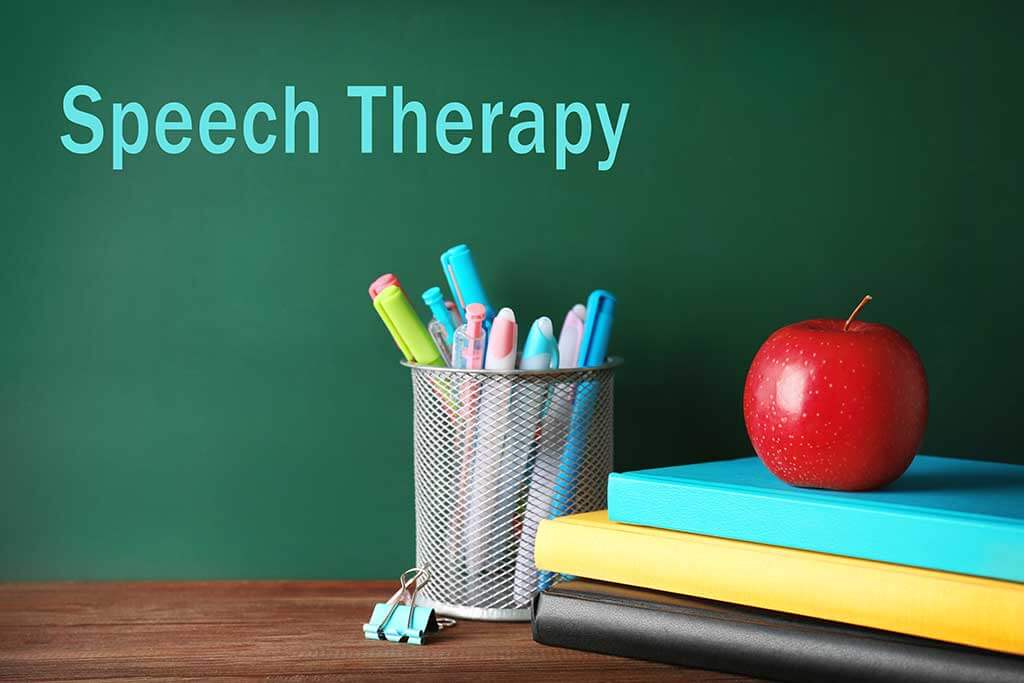Our bodies transform as we grow older. Our ability to communicate, which may be hindered by pain, disease, or the aging cycle in general, can also be impacted. But speech therapy can help older persons who find chewing and swallowing laborious, who have breathing problems while eating, or whose tone of voice has deteriorated. When family members identify problems with speech, language, or swallowing, caregivers should intervene quickly. Speech therapy is good for people of all ages, but it is especially important for older people who need to interact promptly with friends, family, and medical experts. Stay on this page as we show you the benefits of speech therapy.
Improves Breathing and Vocal Cords
The most common treatment for Vocal Cord Dysfunction (VCD) is speech therapy. Exercises meant to relieve VCD episodes are taught to you by qualified speech-language pathologists. To control episodes of respiratory distress, you will master comfortable abdominal breathing techniques. These basic breathing routines relax and open the upper airway and voice box, allowing for better breathing. Your therapist will also help you identify your VCD triggers and suggest ways to better manage them.
Reduces Social Anxiety and Rebuilds Confidence
Worries, security, capacity to connect with peers are concerns that older persons with speech problems may face. These difficulties can make conveying with others about their urgent needs even more challenging. If your loved one’s social anxiety persists, it may impede his or her comfort in social environments.
Thankfully, your parents can work to resolve these issues and become more comfortable talking with people with the assistance of a therapist. This will benefit their golden age years in assisted living facilities, as they are likely to be more effective in socializing and voicing their views, ideas, and concerns without hesitations.
Treats Disorders Like Aphasia, Apraxia, and Dysarthria
Aphasia is a condition that occurs when the parts of the brain that generate and interpret language are damaged. Aphasia affects a person’s ability to talk, read, write, and comprehend information. Reading and writing tasks, hearing and reproducing words, and acquiring emotive linguistic competence such as using body language to express can be part of speech-language rehabilitation.
Next, Apraxia of speech is a condition that makes it virtually impossible for a person to move their mouth and tongue to enunciate. Even when the person wants to speak and the relevant muscles are physiologically capable of forming words, the barrier occurs. Speaking with a speech-language pathologist one-on-one can be beneficial in treating this issue.
Last but not least, Dysarthria is a type of speech problem caused by muscle weakness. Dysarthria can make it tough for your loved ones to form and pronounce words. Others may have difficulty comprehending what they say too. This is where speech therapy can help people with dysarthria improve their communication. Your family member will learn how to pronounce syllables, slow down overall speech, and mold their mouth muscles.
As we’ve mentioned in this article, speech therapy has tons of wonderful benefits. It can improve breathing and strengthen vocal cords, lessen stress and rebuild self-esteem, and treat various upsets. Speak to your family physician today and ask for a referral if you or your loved one wishes to undergo treatment that works.







